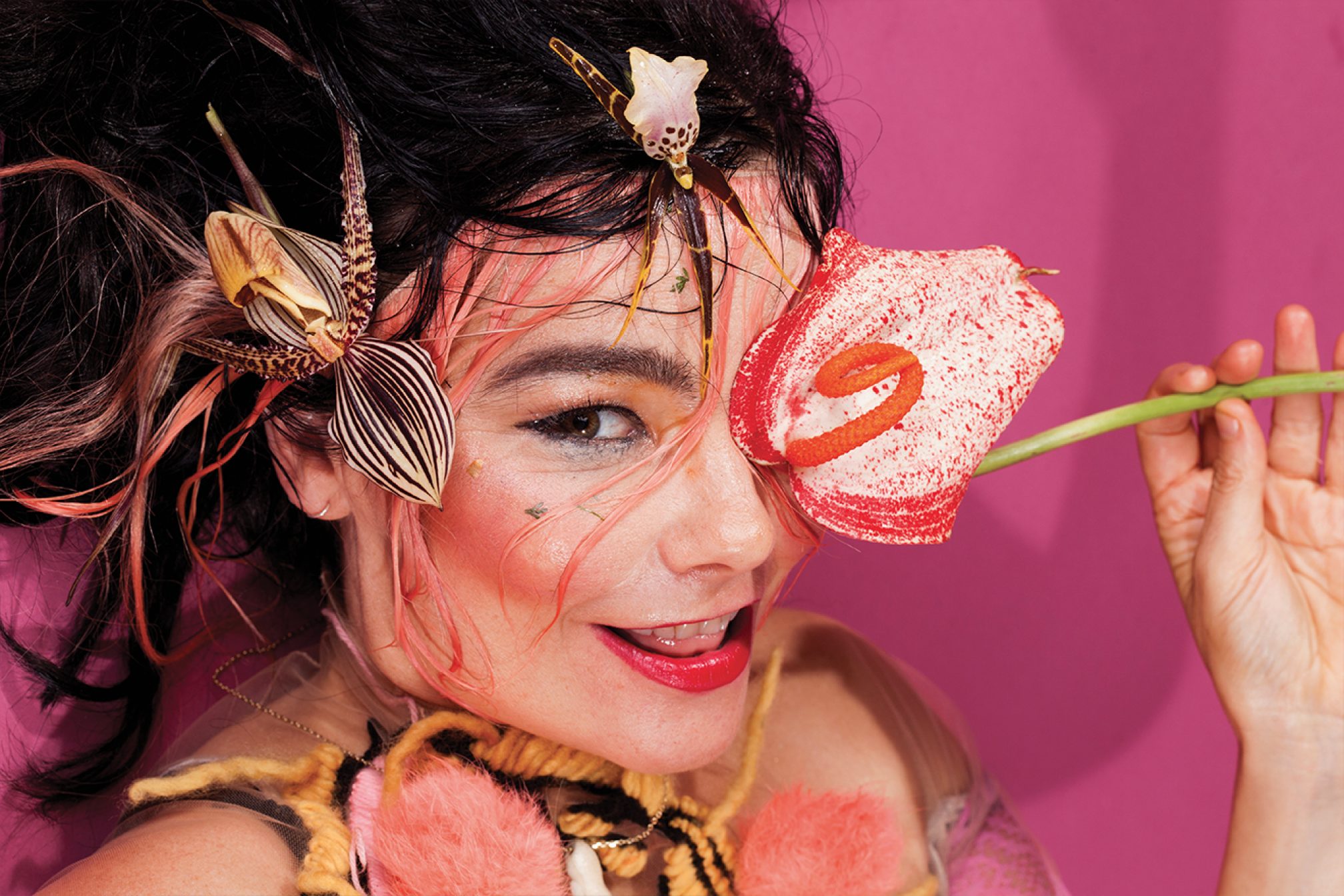 Cover stars
Cover stars
Electronic music superpower: Björk is constantly innovating
Björk has been immersed in and inspired by club culture since before her ‘Debut’ in 1993
If not exactly welcoming, the epic, barren, Icelandic landscape does seem strangely familiar. With its dramatic volcanic sweeps of slate and granite, eerie, wintry moonscapes, epic waterfalls and ancient glaciers, it’s starred everywhere recently from Game Of Thrones to Prometheus. What’s odd, though, is the way steam is rising from parts of the landscape on this chill day. It’s heat from deep below the surface of the earth, our taxi driver explains. Geo-thermal energy supplies much of Iceland’s needs: natural, sustainable, apparently limitless. Eternal. A bit like the well of creativity inside Björk, the most famous Icelander of them all.
The last time Björk Guðmundsdóttir was on the cover of Mixmag was November 1993, after the release of her first adult solo album ‘Debut’. It was the first flush of Björk-mania, the first time the world came under the spell of this incredible, pixie-like force of nature, a former child prodigy raised by hippies (or was it elves?) who seemed to talk in riddles in a sing-song accent unlike anything anyone had ever heard, but backed it up with an album we described as ‘Out there on its own – way way ahead of everything else: an eclectic collection of fiery songs that’s everything you never heard before but always wanted to’.
The headline ‘Bonkers’ may have focused on the media’s obsession with her otherworldly appearance and idiosyncratic personality, but she was happiest talking about choosing ‘Black Dog’ for a remix, or how Darren Emerson was her favourite DJ. Over the 24 years since then – including eight albums and countless unclassifiable innovations – the world has come to know Björk for her unparalleled, uncompromising pop/art vision, her restless musical spirit and her ability to collaborate with some of the most creative minds in music, film and fashion. We’re still under that spell. She has inspired a whole generation of producers, artists, musicians, singers, designers, DJs and creative minds. She’s become one of the foremost producers in electronic music. And it still goes both ways: electronic music, and club culture, is still as vital a mainspring for Björk as it ever was.
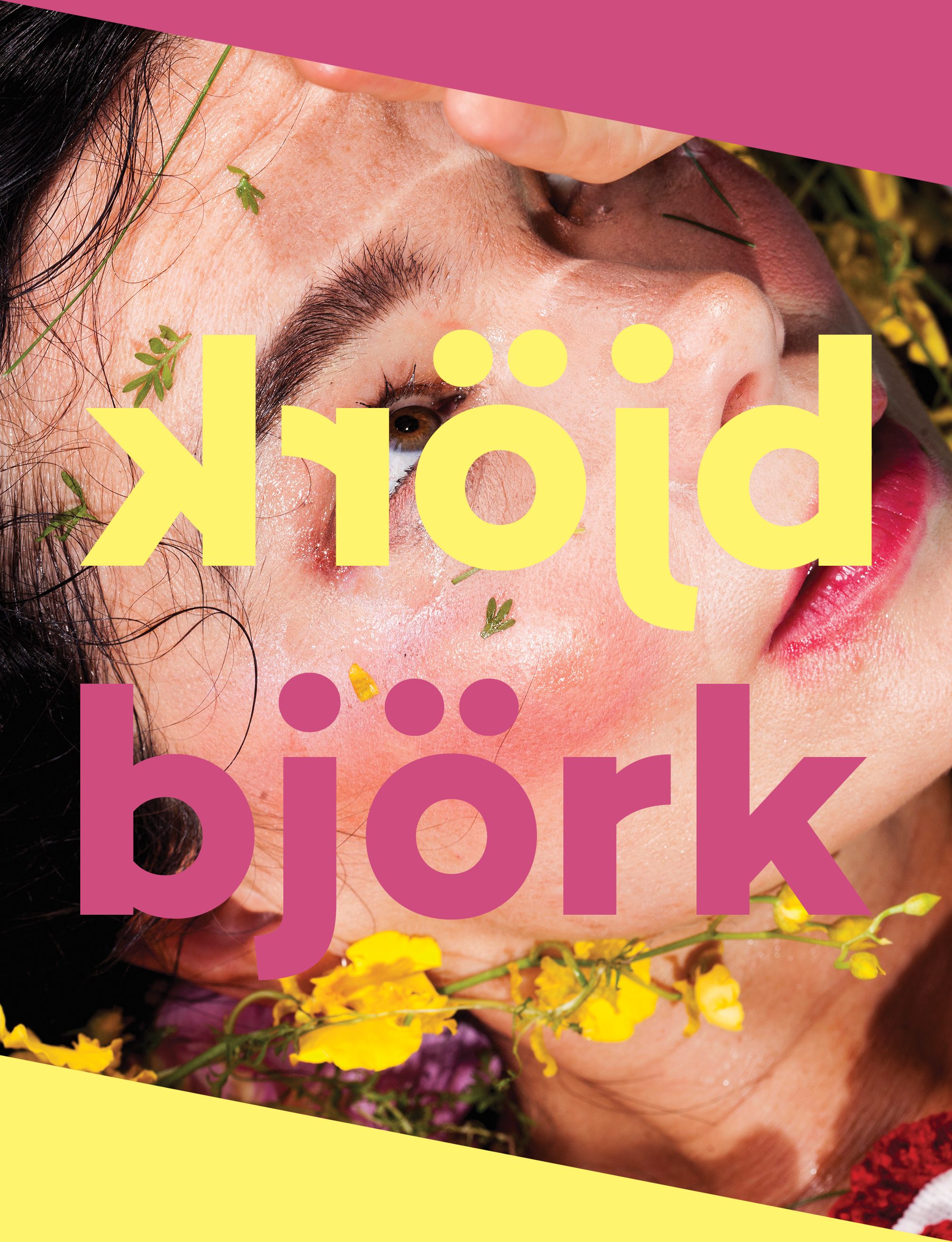
“I’ve been DJing since I was a teenager – I just wouldn’t call it that!” she starts, taking a sip of mid-morning coffee. “I grew up in a town with 80,000 people in Reykjavík. If you wanted a good night out, you took over a bar and that’s what I have been doing ever since. You invite a group of friends – the smaller the bar the better – and it’s like your own party. And you don’t have to clear up afterwards! And it grew and grew, and ever since I moved half of my time to Brooklyn, I have been DJing there. We have a community of friends, we have themes and one theme was basslines: me, Alex Ross, Brandon Stosuy and David Longstreth from Dirty Projectors would get together at four in the afternoon. That would be my fantasy, to go to a second-hand bookshop and start on basslines, Bach cello concertos, drink coffee and talk. That slowly developed. Then we would have one drink and as we got tipsier, it ended up being Public Enemy basslines, or acid house basslines or drum ’n’ bass basslines. The next time we had hand-claps: Moroccan tribal hand-clap tracks to Steve Reich to girl groups from the 60s, and we ended with some r’n’b. Eight hours later we had bloody palms because we’d clapped for eight hours!”
The expectation when meeting Björk is that she’ll be dressed in either an ornate custom mask, a futuristic kimono, or possibly as a swan, but when she’s drinking coffee in Iceland she is a civilian, dressed casually in sensible shoes, minimal make-up, a businesslike haircut and a long, dark purple dress with an embroidered neckline. We’re upstairs in a bright, bare yet comfortable room at a friendly café near her home in Reykjavík, and she has a warm, relaxed manner and a smile that could melt glaciers.
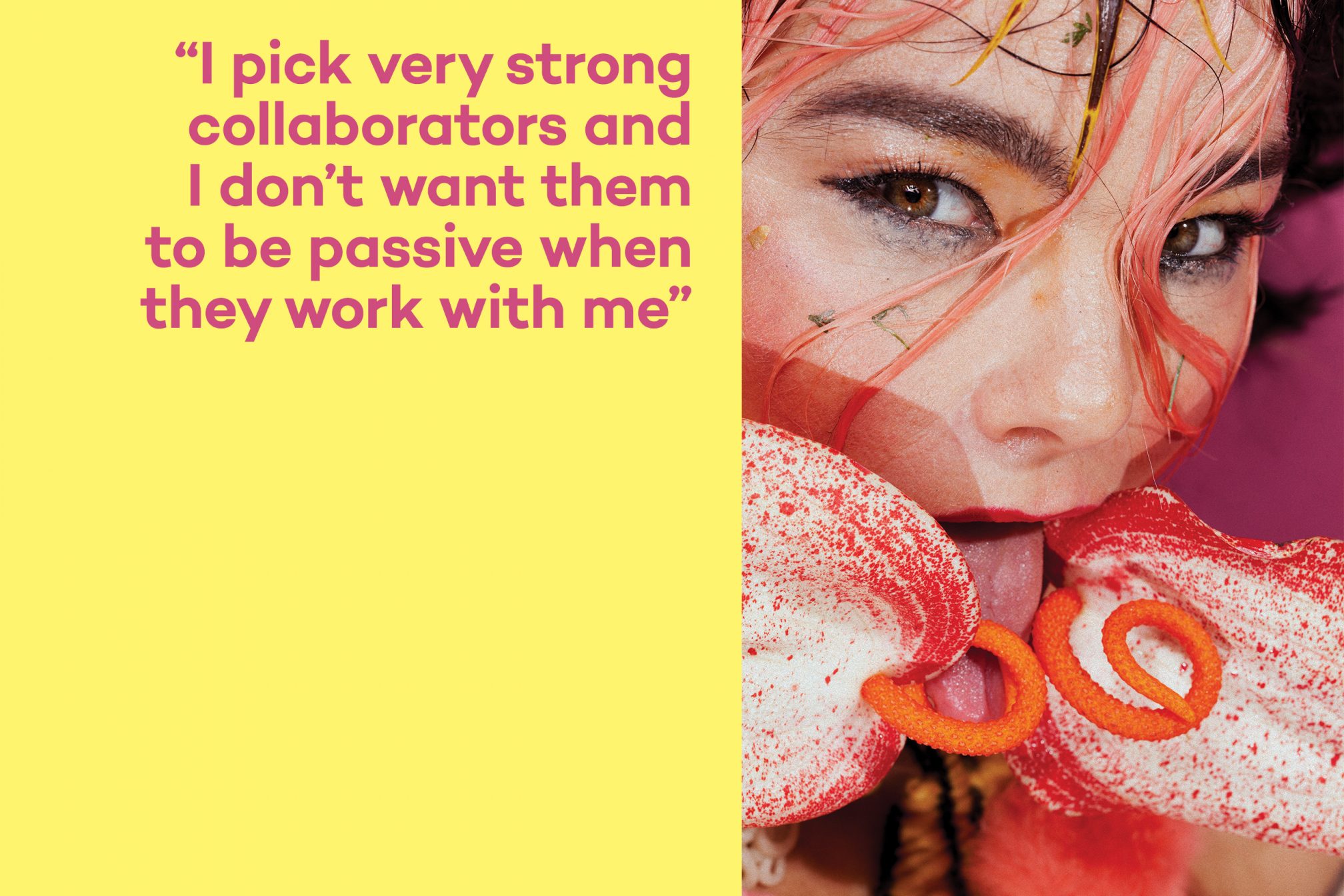
She actually arrives 15 minutes early for our meeting, waving us over before sitting patiently as we finish listening to new album ‘Utopia’ on headphones for the first time. Now 51 and a mother of two, she looks like – well, like Björk: ageless, with that distinctive voice a mixture of Icelandic “rrrrs” and smart English colloquialisms. These days she splits her time between homes in Brooklyn and Reykyajik, presumably because her fame isn’t an issue in either city. With an innate love of club culture (the list of cutting-edge collaborators and co-producers on her nine solo album is testament to this) it’s no surprise that she’s since moved onto club shows (her secret DJ set for Hyperdub at London’s Corsica Studios one recent example) and even wider spaces like Barcelona’s SonarHall. “What I do now, DJing for strangers, that started a year and a half ago,” she says. Long enough to know that she far prefers playing in the open air: “I don’t like closed rooms, I can’t stand it: I like windows! That’s why I always ask for windows and daylight: I like it going from daylight to the dark.” She’s also tapped in to the original, honest intention of DJ culture: that music is for sharing. “I like taking turns,” she nods.
“It’s more about sharing your song collections or song library and introducing each other to songs you never heard. Even though I say this myself, I am a pretty good Pro Tools engineer so I will spend several weeks editing sets together. I did several mash-ups between [acclaimed Houston-based producer Rabit] and [Pakistani composer/musician] Abida Parveen. When I do four-hour sets, like we did at the science museum in Tokyo, that was kind of a complement to my Digital show. There might be flute music for an hour while people are chatting, and a few glasses of wine later I’m playing r’n’b!” She clearly enjoy this part of the job. “I do,” she smiles. “I like the journey, I don’t like it to be as one thing. I like it when DJing is about a celebration of the cornucopia of all the music in the world, and it goes from really hard-to-find world music all the way to Rihanna. But then I also like my techno, so I have a section that has brutal, brutal, brutal techno. I don’t like the middle bit so much!”
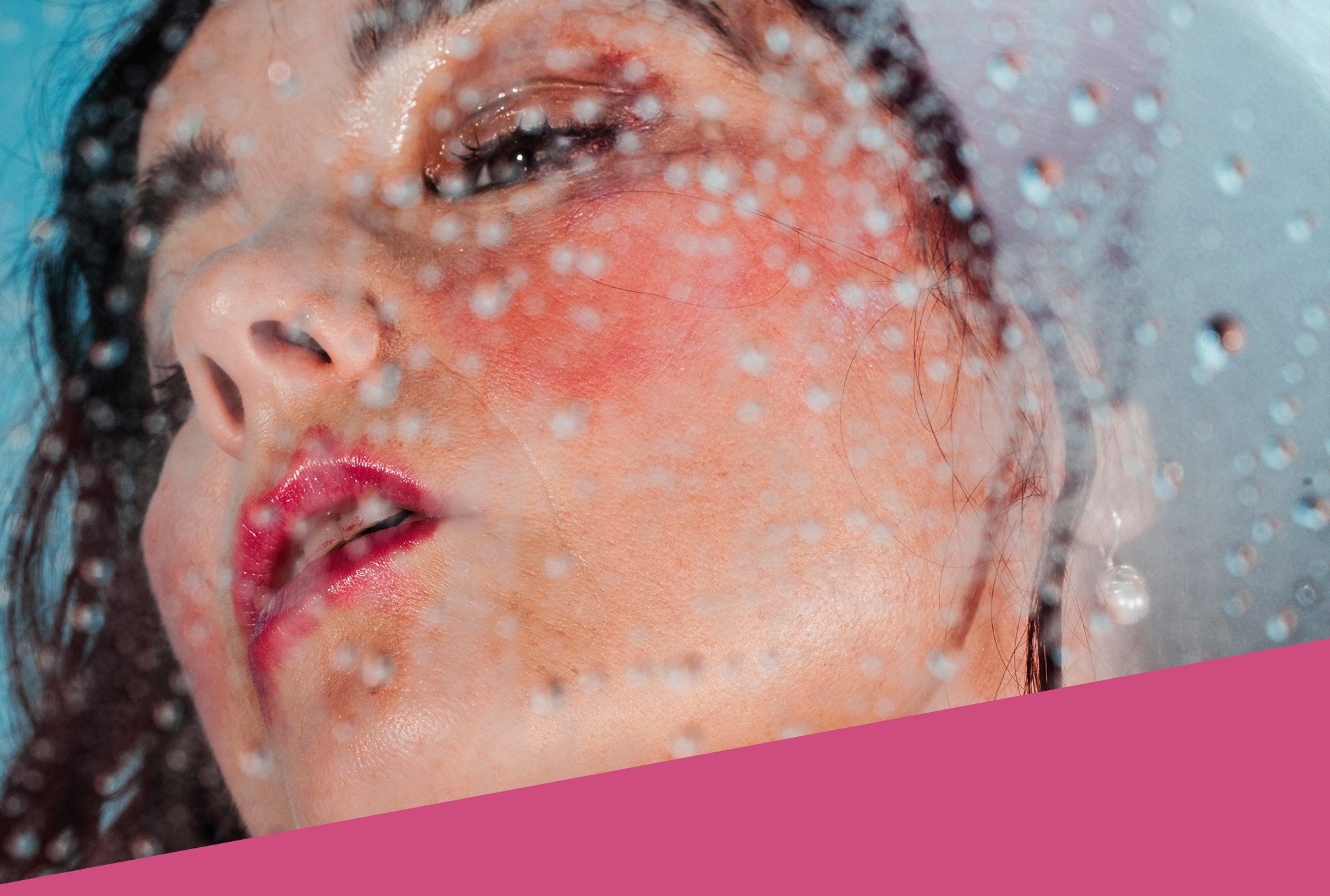
That urge towards techno has seen Björk’s music morph into ever more intriguing shapes in recent years. Her 2015 album ‘Vulnicara’ was filled with darkness and heartbreak (sample lyric: ‘our love was a womb/but our bond was broken’) but ‘Utopia’ sees her move 180 degrees towards the light. The lyrics on the album – ‘Blissing Me’, with its reference to “two music nerds obsessing/sending each other MP3s, falling in love to a song”) and ‘Feature Creatures’ with the classic line ‘I literally think I am five minutes away from love’ – are matched by an organic, orchestral sound that’s the result of pure collaboration between Björk, Venezuelan producer Arca and an all-female flute orchestra. “All the flutes you hear started from a twelve-piece flute orchestra, and by some strange luck, they were always free on Fridays so we would go to my cabin and rehearse. If you’re going to make a whole flute album, you want to make as many colours as possible!” she explains.
On ‘Loss’, the melodies and production bind so tight that it’s impossible to figure out where the individual strands were first woven. This particular track was co-produced with Rabit and is one of several standout moments on an album that doesn’t put a foot wrong. “It feels like profanity to talk about something so beautiful,” says Arca when asked what it was like to work with Björk again. “It’s like a dream, but underneath that, there’s so much purity making music with someone you love. I don’t want to overstate or understate it, but it was the most profound musical connection I’ve ever had. Rewarding, challenging, stimulating, energising, uplifting – all of those things. To do something only we can do together: that was our consensus from the beginning. Trying to make something out of experience and ways of seeing. She did the arrangements and lyrics on her own, but when I was involved, we liked to be in the same room. But really it was all over: London, Reykjavík, New York, all over. Sometimes we would listen in a hotel in Tokyo. Every song on that album means something to me. It’s a record with yin and yang, and it has sharp teeth when it needs to.”
The album’s big moment is ‘Body Memory’, an epic meditation on the power of the mind. It’s 10 minutes long. “On my previous album there was a song called ‘Black Lake’, which was at the bottom of a heartbreak. And I think something in my subconscious mind was [thinking], if you’re going to write your saddest song ever, you’ve also got to write its optimistic sibling. I came home to my cabin here in Iceland and it was a bit chilly and I put on three coats, lay next to the lake, looked at the clouds and listened to an audio-book for four hours. It was The Tibetan Book of the Dead. A third of it is almost like a Catholic thing: if you haven’t been good in your life, when you die you will go into a tunnel and burn for a thousand years. That’s part of it – whipping yourself into being a good person while you live. And then one section, which is my favourite, is about a utopian life, and says if you are good, there will be twenty miles of lavender and lakes and peacocks. So ‘Body Memory’ ended up being me thinking: at the moment of death, what will I be thinking? It’s about me teaching myself, and hopefully I can share some of that with people. In the verses, it’s about when your head plays games and you get neurotic and scared, and the chorus is when your body kicks in and you relax. It’s teaching you about trusting your body, whether that’s parenting, or being a lover, or destiny – all these big issues in life. We have it all encoded in our DNA, so if we relax into our body memory, we know how to do it naturally.”
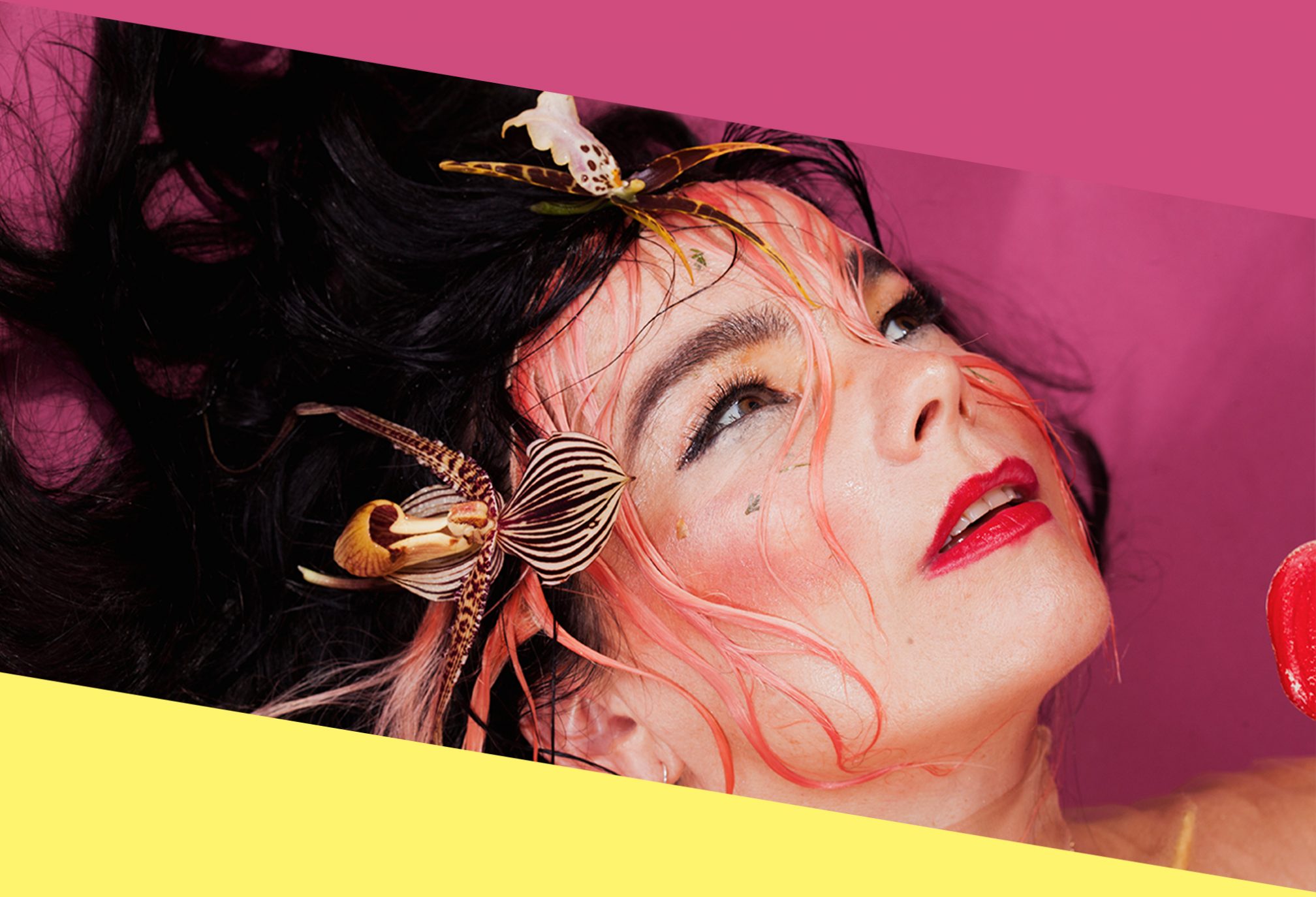
Inspiration, she reveals, comes to her from a range of sources, rather than each song being straightforwardly ‘about’ just one thing – something that lends a complexity and depth to her music that far exceeds most of her peers. “Sometimes songs are about three situations but focusing on a particular emotion: the first thing... may be an emotion in your life, the second your relatives, for example, and the third something you saw in a movie,” she explains.
Born in Reykjavík in 1965, Björk has long been making waves as a musician since her very first self-titled album of covers back in 1977. Her teenage years were spent in Icelandic indie-rock outfit The Sugarcubes, but since they split in 1992 she’s sold over 40 million albums as a solo artist, toured the world several times over and arguably worn the best Oscar outfit of all time (at the 2001 Academy Awards). But it’s worth remembering why she’s been such a pivotal part of our world for the past quarter century. From ‘Post’ and ‘Homogenic’ all the way to ‘Utopia’, part of what keeps Björk’s body moving is her insistence on pushing things forward and staying sonically relevant at all times. From pioneering UK producer Nellee Hooper and LFO’s Mark Bell (R.I.P.) to her latest work with Arca, she always keeps her ears tuned to the bleeding edge and her feet focused on the ’floor. “On ‘Vulnicara’ there were twelve remixes and that list [of producers] is all people I was hanging out with at the time,” she explains. “People reach out. And I reach out too. But overall, if there’s an organic connection it works better. When I didn’t follow my instinct or collaborated with someone I didn’t have much in common with, it wasn’t as fertile.”
But – and this will be depressingly familiar to many female electronic producers – she has spoken out about her frustration at the way her role in the creation of her music is frequently minimised next to that of her (often male) collaborators. “If whatever I’m saying to you now helps women, I’m up for saying it,” she told Pitchfork in 2015, before describing how much of the process she spends on her own. Today she goes into more detail: “Sometimes I make beats, sometimes I make arrangements and sometimes I am the editor. I wear different hats. Maybe I’m to blame because I never take pictures of myself editing – but I oversee and edit, myself, all the song structures. Most often when I use beats from collaborators, I am the one who edits them into the songs and places them around my arrangements and melodies. Having said that, I pick very strong collaborators and I don’t want them to be passive when they work with me – and I don’t want to be passive when I work with them.” Ironically, though, “the moment I stood up and talked about [all] that recently was also the moment I decided to do an album where I collaborated the most!” she laughs. “But I will say this: a guy is allowed to be an auteur, but when a woman does that, it evaporates.” She has seen progress recently, though. “Yes, I think so. People are ready to think that it’s more layered: [artists like] M.I.A., [FKA] Twigs and Kelela have a really strong vision of what their albums should be.”
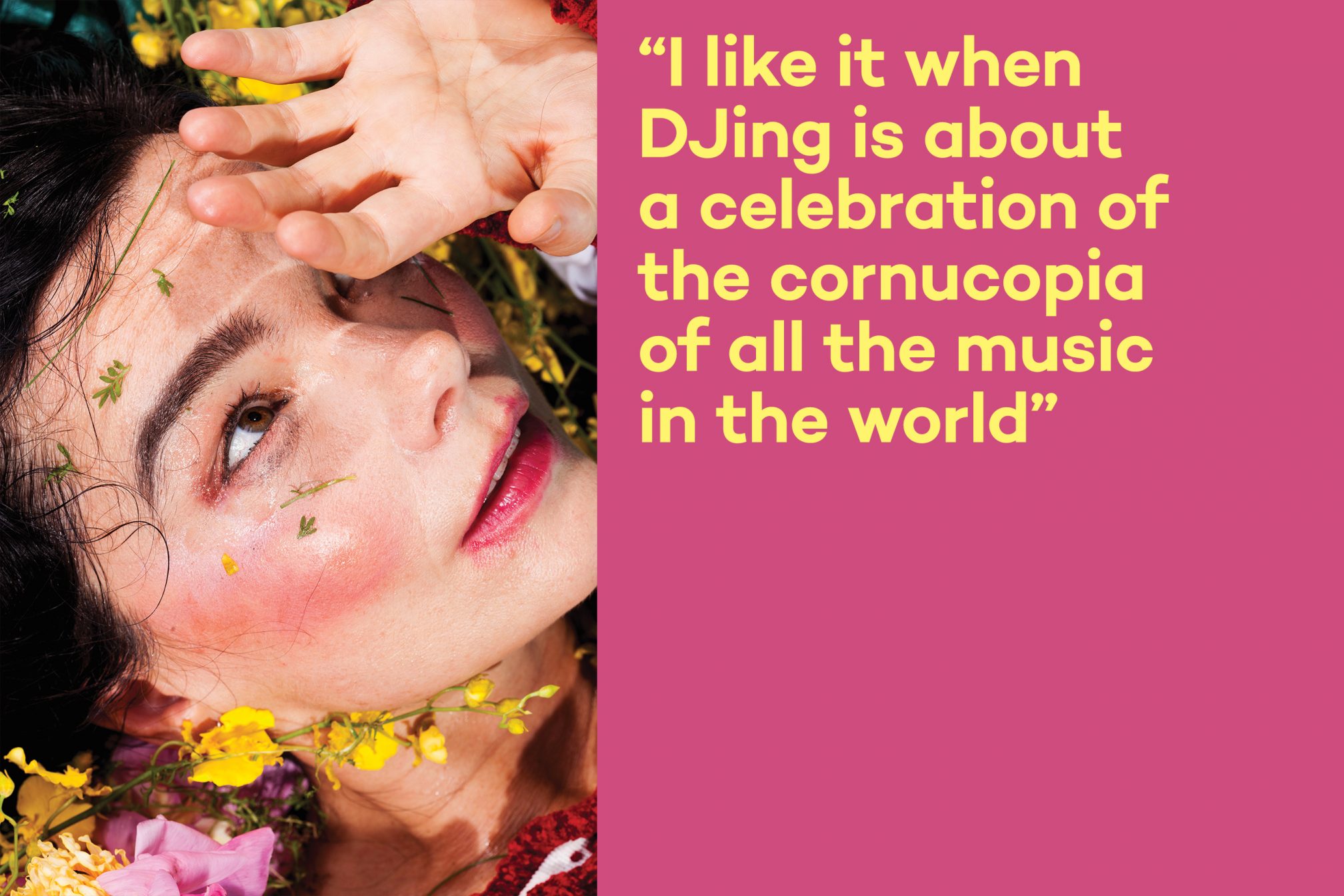
One person who has watched Björk develop is British musician Marius de Vries, who worked on that first triad of solo albums. “She’s restlessly curious,” he says on the phone from his new home in LA, where, appropriately enough, he was Music Director on last year’s Oscar-winner La La Land. “She also interacts with current culture. To be part of her orbit is amazing. Leaving aside her songwriting, it’s a combination of curiosity and fearlessness which helps define her. She has great artistic integrity and the courage to go where that leads. I watched that progression: finding her confidence and her self-sufficiency. She’s quick to learn and always had a sense that she needed to gain control of her destiny, especially as a woman in the music industry. She’s also a wizard on Pro Tools!”
As with so much of Björk’s work, ‘Utopia’ is a something of a concept album. “Do you know what most I like about the title ‘Utopia’?” she asks. “Everybody gets it straight away! In this time of Trump and Brexit, right now it’s an emergency. I’m trying to think on a green level and question what we’re going to do about global warming. When Trump [decided the US would leave] the Paris Climate Agreement, I was devastated. Devastated. But I think what we’re discovering now is we will have to go really DIY and discover utopia ourselves. We all need to recycle and grow vegetables! And I think, if the ten richest tech companies – Microsoft, Google, YouTube and so on – would give one billion each, that would be ten billion to clean up the planet. That’s what should be happening! But I also have a lot of faith in the next generation. We have thirteen-year-olds who are discovering ways to clear up all the plastics from the ocean, and biotech people who are growing fungus that can take away CO2. So I do believe we will find a way. I’m not saying I’m better than the next person, but perhaps the role of musicians is to bring hope.”
With our time drawing to a close, Björk finishes her coffee and starts to say goodbye, before pausing to return to the theme of utopia one last time. “It’s actually functional to be optimistic: half of your life is going to be dark and half of it will be light. Unfortunately, if you only focus on the dark part [it can feel to you like] one hundred per cent darkness. But if you focus on the light, too, it’s not because you think life’s going to be all Pollyanna-ish and no darkness exists. There are dark moments on this album. But if you focus on the light, the darkness will take care of itself.”
And with that she’s off, making the world that little bit lighter with everything she does.
Björk ‘Utopia’ is out on November 24 on One Little Indian
Ralph Moore is Mixmag's Editor at Large, follow him on Twitter


